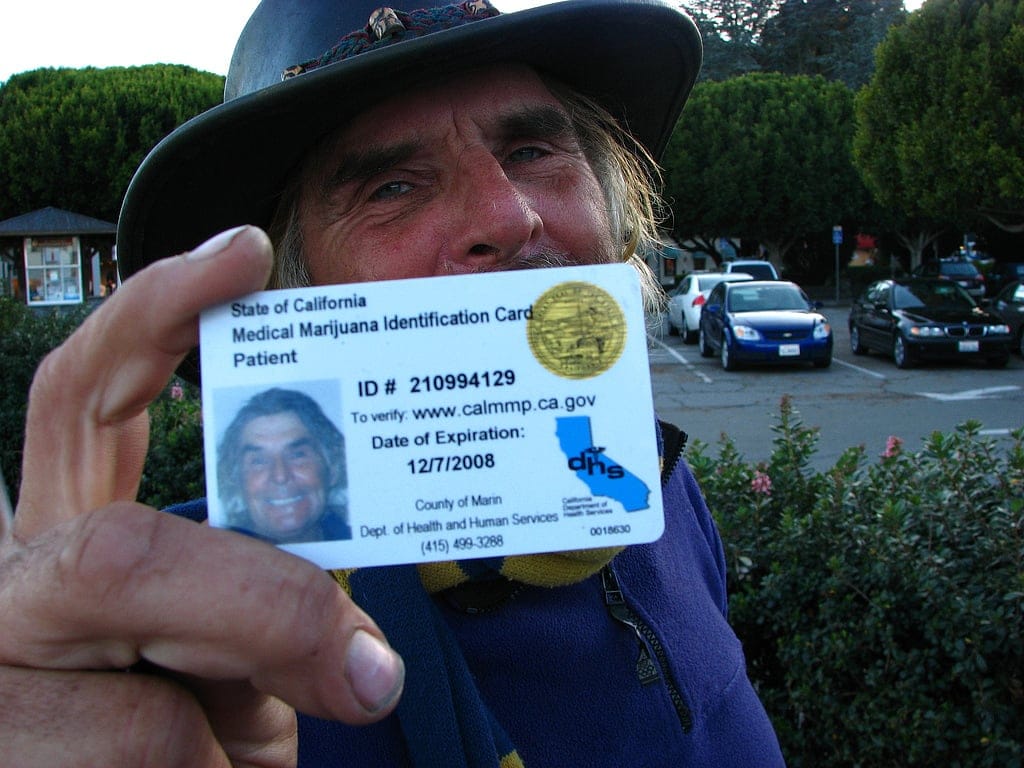Top pot doc still practicing — two of top three still suspended

BOSTON — While the state has suspended two of the top three medicinal marijuana-prescribing doctors, the physician at the top of the list continues to maintain her Northampton practice, a review of records shows.
According to the results of a Freedom of Information Act filing with the state Board of Registry in Medicine, Dr. Jill Griffin has issued approximately 6,362 medical marijuana cards since dispensaries opened a year ago.

